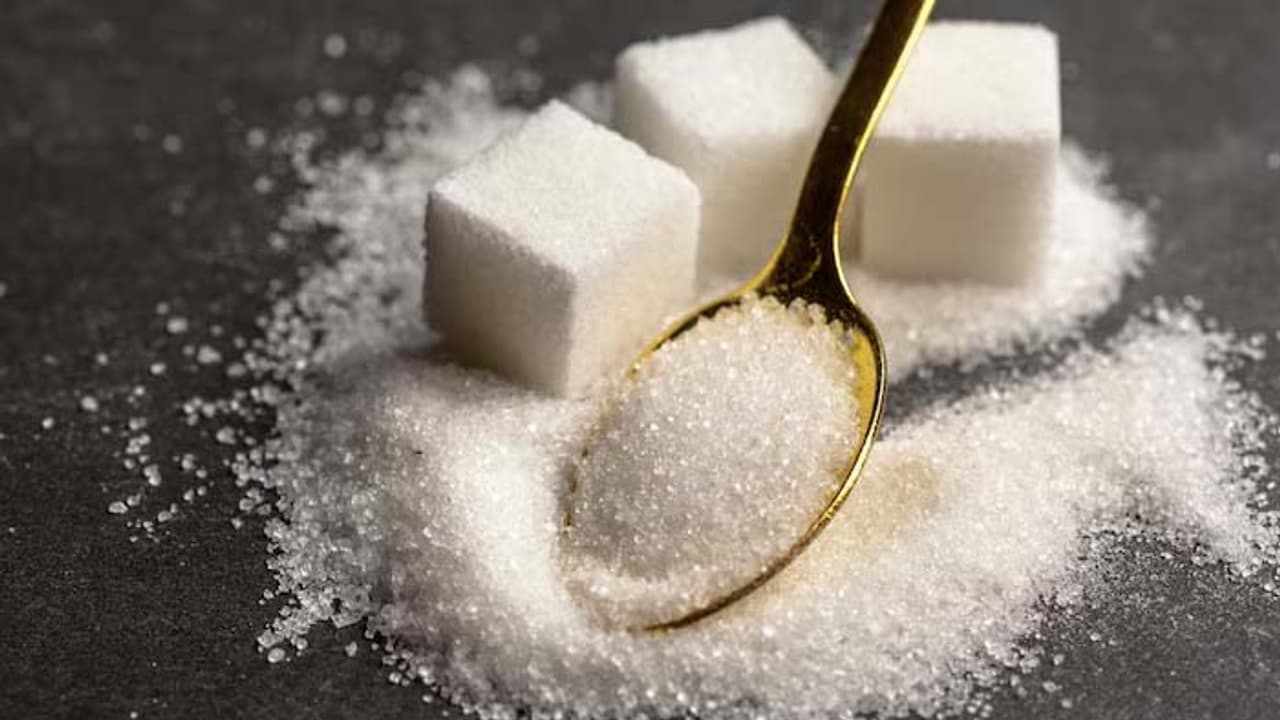Health Care Guide: As more people cut down on sugar, artificial and natural sweeteners have taken center stage in modern diets. But while they promise sweetness without the guilt, questions about their long-term safety continue to spark debate.
Sugar substitutes today have become a lifestyle for low-calorie or diabetic management. They are everywhere from that morning coffee to diet sodas or protein bars. The question remains, “Are these really safe for long-term use?”
The Truth About Sugar Substitutes
Sugar substitutes, also called artificial sweeteners or non-nutritive sweeteners, are compounds that impart sweetness without weighing in with calories from sugar. Common sugar substitute variants include aspartame, sucralose, stevia, saccharin, and erythritol. Sugar substitutes could be regarded as sugar subproducts because they are frequently hundreds of times sweeter than actual sugars, which goes in their favor since only a tiny amount would be desirable.
Some of these sweeteners have been in the limelight and are very well recognized by certain world authorities, including the FDA and WHO. The effect is dependent on the type of sweetener and amount taken.
Pros: Why Do People Use Sugar Substitutes?
Low Calories: Suitable for people with weight management programs or intake reduction.
Diabetic Nature: Most sugar substitutes do not elevate blood sugar; hence, diabetic folks can take them.
Do not cause decay or cavities like sugar: Dental health.
With these garnering an appeal to the crowd that wants something slightly sweet with lower health risks.
Minus On The Flip Side: Health Implications
Digestion: Some like sorbitol and erythritol can lead to bloating or discomfort in some sensitive persons.
Taste Rejection: Excessive use would gradually render their taste faint over time compared to their natural foods.
Metabolic Deterioration: A handful of studies show that probably artificial sweeteners in some way could.
While most studies did not find conclusive evidence of these approved sweeteners causing severe damage, moderation is still key.
Alternatives Gain Popularity in Nature
Swerving with the trend, nowadays consumers have turned towards natural sweeteners like stevia, monk fruit, or coconut sugar for a minimum health risk in sweetness. With nature having less processing for them, consequently many tolerate them well, although not with the zero-calorie mark.
Sugar substitutes are regarded as safe for consumption, or rather in moderate consumption, mostly for individuals whose concern is:s keeping low their calorie intake or sugar consumption. However, its heavy reliance may not work very well. A balanced limitation would be processed sweeteners with occasional use of natural sugars while focusing on whole unprocessed foods for long-term health.
